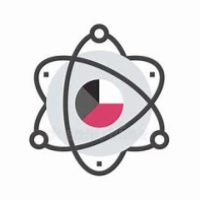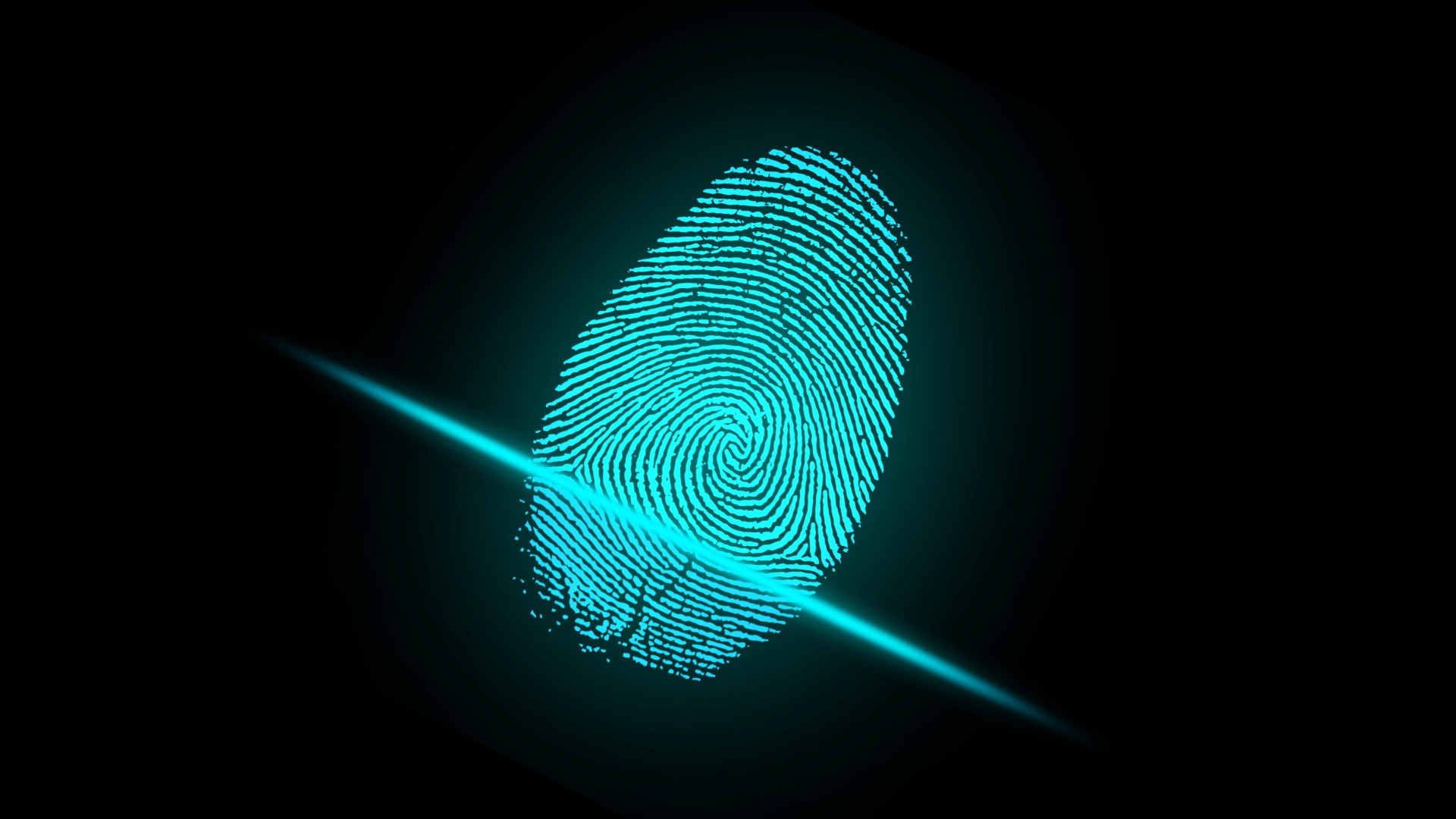Have you ever wondered what happens once you have added all your personal details into an online portal? What about the online ads that often appear to reflect your most recent search history? And this is only the tip of the iceberg. Social media apps, governments, corporations and even the non-profit sector track our every move.
Big data can be used for doing good, for example by using satellites to track areas at risk of flooding or improve agricultural yield – and contact tracing apps during COVID-19 were widely used to help reduce the spread of the virus.
While indeed data can make our lives much easier and efficient, it is critical to consider the ethical implications of artificial intelligence (AI) fuelled by big data and hold “data collectors” accountable.
With our blog, Big Data – friend or foe, we will discuss issues related to big data as it pertains to social justice, development and humanitarian programming. We are 5 like-minded students from Malmö University who want to raise awareness and advocate for accountability within the Information and Communication Technology for Development (ICT4D) space.
So who are we?
- Originally from Ireland but living and working in the UK for the past eight years, Rick is a Development Engineer for a Utilities company that manages large data sets. This data can be collected from remote sensing surveys by satellites and drones, LiDAR surveys from aircraft, smart meters installed in properties, or it can be data voluntarily shared by customers. Patrick is interested in sustainable development, innovative technologies for development, and ethical use of big data. He will look at the promise and perils of big data, and the transparency and accountability required to ensure we don’t forget people in the use of big data for development.
- Originally from Canada, Sonya is a Social and Behavior Change Specialist at a UN agency where digital data collection has been central to her work on the COVID-19 response. She is interested in the pros and cons of collecting and using data in humanitarian and public health programming, and the ethical considerations related to tracking technology and other data collection tools that were widely used during the COVID-19 pandemic. She is also interested in the use of digital technologies to spread misinformation, disinformation, and fear and how this can be addressed.
- Sara A is a social anthropologist who has worked broadly with different aspects of innovation and design processes in big corporations. With a growing interest in social equality work, combined with the consideration of herself as a somewhat “social media/digital services skeptic”, she will dive into the field of big data ethics and its implications for equality to try to unpack the grounds of her skeptical stance more deeply.
- Shae is a full-stack developer in the airline industry. She has worked with Google Analytics that provides analytical tools and statistics for marketing and research purposes. She is interested in innovation and sustainable development. She will look at the role of big data and AI in disasters and health emergencies in the global south.
- Sara B is a former journalist currently working with communication in the environmental sector. In this blog, she will focus on the attempted positive examples of using AI and Big data. In other words, using data to do good and the ethical challenges that come with it.


